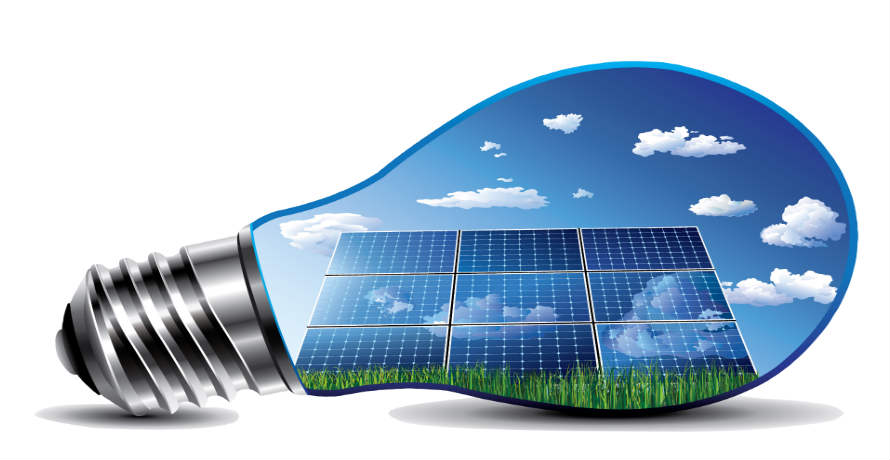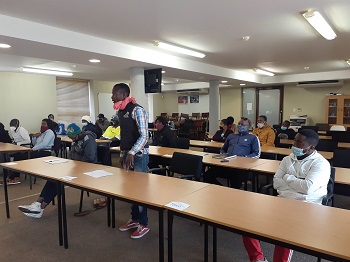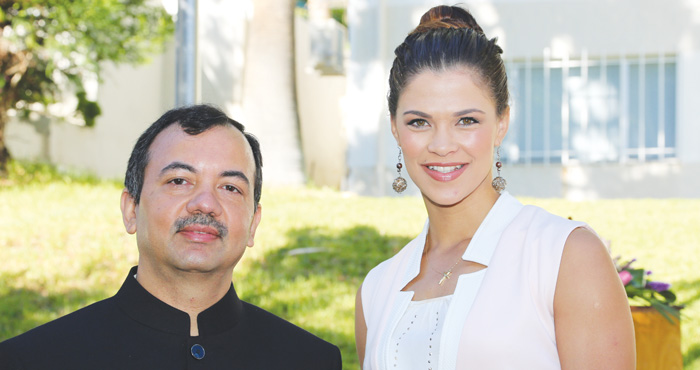
Bright prospects for solar power financing – DBN

Privately owned renewable energy generation facilities can secure and enhance local enterprise activities according to the Development Bank of Namibia (DBN) Head of Marketing and Corporate Communications, Jerome Mutumba.
Currently, Namibia has a deficit in electricity generation capacity. In order to address the shortfall, new capacity is being developed, however until local generation is sufficient, Namibia will have to import electricity from other regional sources, he said.
“As the Southern African sub-continent industrialises, there will be a greater requirement for electricity. Although gas generation is being developed, it is not yet clear if the combined capacity of institutional generators of various forms of electricity will match demand. There may be lags in installing of capacity, delays in implementation of cross-border distribution agreements and, if the objectives of socio-economic development prove fruitful, further gaps in generation capacity may emerge, he cautions,” Mutumba said.
Mutumba added that privately owned renewable sources of electricity offer enterprises cost control as well as a buffer against shortfalls.
Mutumba points to the Bank’s finance for SunEQ as a good example of privately owned electricity generation supporting industry. Financed by DBN, the 5MW solar plant was established by a consortium of private companies to provide power to Ohorongo Cement, a major user of electricity.
Based on sustainability of Ohorongo, and its power requirements, the Bank was able to provide the majority of finance for SunEQ with the knowledge that the solar plant will be viable. The new source of power gives both Ohorongo Cement and SunEQ greater control of costs in terms of the agreement signed between the two companies, and Ohorongo Cement has a greater measure of security in sustainability of its production.
Mutumba further stressed that the vision of privately owned solar generation is not restricted to heavy industrial users.
“A significant number of commercial properties and private entities, including retail facilities, are increasing their use of solar power. An enterprise that operates offices from a purpose built office or a residence converted to an office can also improve its cost efficiency with solar panels,” Mutumba said.
He further explained that enterprise finance typically measures profitability on the basis of revenues generated from business activities, however DBN considers cost efficiency as an important contributor to the bottom line. He urged enterprises to contact the Bank with applications for finance.
“Subject to the value of savings on electricity, as well as the financial sustainability of the enterprise, the Bank has the ability to provide finance for solar power to all sizes of enterprises, ranging from SMEs to heavy industrial users such as mines and manufacturers. The same holds true for parastatals and government users,” Mutumba said.












































